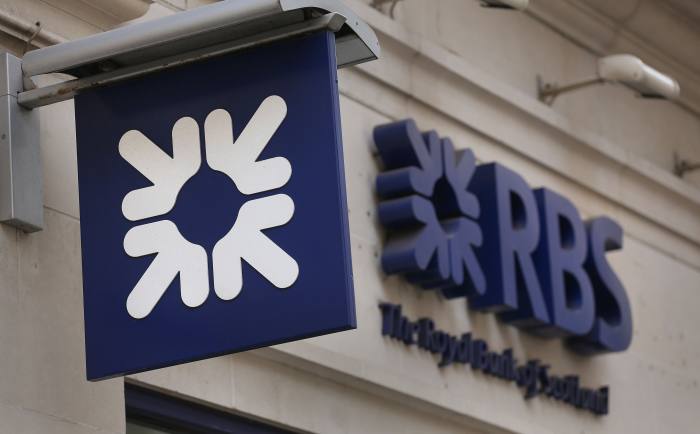
The Financial Conduct Authority has stood by its decision to take no action against the Royal Bank of Scotland’s treatment of small businesses — but said it potentially could have done under the new senior management regime.
In a final report on the matter out today (June 13) the regulator gave details on how it came to its decision not to take action.
The report stated none of its 11 principles of conduct that regulated firms must abide by, applied to the case.
However, it stated it might have been in a position to take action had the Seniors Managers and Certification Regime been in place at the time.
The FCA had concluded last year it was unable to act on deemed shortcomings in RBS’s support unit for troubled businesses, the Global Restructuring Group, as this fell outside its regulatory remit.
The regulator had been investigating RBS's GRG division following concerns it was artificially distressing and transferring otherwise viable small businesses to profit from their restructuring or insolvency.
More than 12,000 companies were transferred into GRG between 2007 and 2012.
But the FCA’s probe found no evidence of dishonesty or a lack of integrity among the senior management and no credible basis for concluding it had sought to treat customers unfairly.
The regulator did identify a number of problems within GRG however, including the "significant tension" between its objectives to turn companies around and be a major contributor to RBS's bottom line, alongside "limited examples" of GRG correspondence which was "clearly inconsistent" with ensuring customers were being treated fairly.
While the FCA raised these concerns, it stressed that commercial lending was largely unregulated, although RBS is regulated.
The City-watchdog therefore concluded that its powers to discipline did not apply and that an action against senior management would not have reasonable prospects of success.
Today's report stated principle six — which states a firm must pay due regard to the interests of its customers and treat them fairly — was most relevant to the GRG case.
However, principle six does not apply to unregulated activities. In fact, only three principles (numbers three, four and 11) can be used to judge the dealings of unregulated activities, according to the FCA.
The regulator ruled that principles four and 11, which rule that firms must maintain adequate financial resources and must deal with regulators in a cooperative way respectively, were not relevant to its GRG probe.
Principle three deals with a firm taking reasonable care to organise and control its affairs responsibly and effectively in order to maintain the integrity of the financial market.
The FCA ruled that for this principle to apply, GRG’s activities would need to be of a significant enough scale (in size or impact) to negatively impact the ability of RBS to carry on regulated activities.
Although GRG’s activities significantly damaged RBS’s customers, the report stated this was not widespread enough to impact the confidence in or integrity of the UK financial system, so none of the FCA’s principles were applicable in its probe into GRG.





